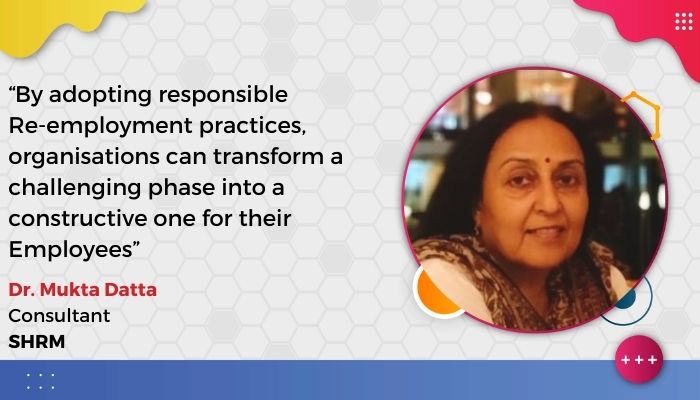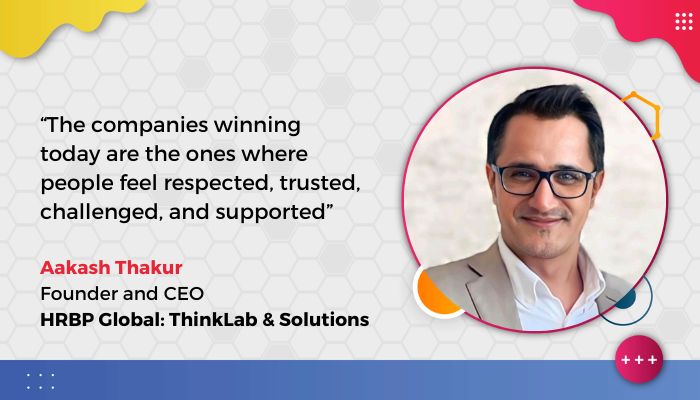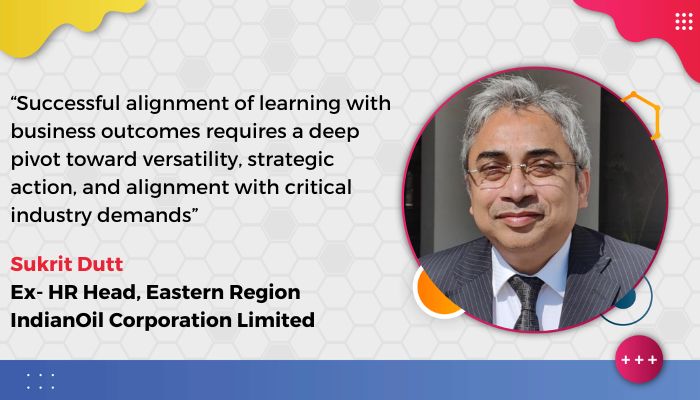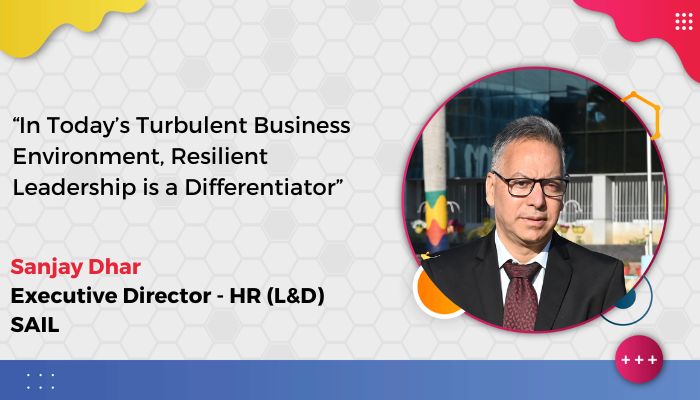Layoffs are an unfortunate reality in today’s world of work. Whether driven by internal restructuring, mergers and acquisitions, or economic downturns such as recessions, they can be a challenging experience for both employers and employees. While businesses may have valid reasons for downsizing, the impact on employees who lose their livelihoods can be profound. This is where the concept of responsible re-employment comes into play, ensuring that organisations support their outgoing employees and help them transition smoothly into new opportunities.
Here are eight actionable steps employers can take to safeguard employees during such times:
1. Assessment Centres
Assessment centres can play a pivotal role in evaluating the skill sets and career potential of employees being laid off. By conducting structured assessments, employers can identify their employees’ current proficiency levels and suggest tailored career pathways. For instance, understanding whether an individual is ready to step into a managerial role or requires upskilling for specialised positions can pave the way for more focused career transitions.
2. Job Search Assistance
Employers can extend support by tapping into their network of owned companies, sister concerns, or partner organisations. Collaborations with agencies specialising in career transitions can also be beneficial. By creating a bridge to other employment opportunities, organisations demonstrate their commitment to employee welfare beyond their tenure.
3. Guidance on Funds Management
Financial stability is a major concern for employees post-layoff. Organisations can offer resources or workshops to guide employees in managing severance packages and other financial resources effectively. Advice on investment strategies, retirement planning, and emergency fund creation can help outgoing employees secure their future.
4. Focus on Higher Education
Encouraging employees to pursue higher education can be a transformative step. While degrees hold value, certifications and accreditations in niche areas often provide the competitive edge required in today’s job market. Organisations can partner with educational institutions to offer discounted programs or provide financial assistance for certification courses relevant to industry trends.
5. Support for Domain Changes
Some employees may wish to make a fresh start in a completely different domain. Employers can assist by conducting assessments to gauge their aptitude for other fields and by connecting them to appropriate training programs. This not only opens new doors for employees but also enriches their professional journey.
6. Job Rotation
For businesses that are not fully scaling down but restructuring, internal job rotation can be a viable solution. Employees can be offered opportunities to shift to different roles, departments, or locations, thus retaining talent while addressing organisational needs. This approach also nurtures adaptability and cross-functional expertise within the workforce.
7. Upskilling
In today’s rapidly evolving job market, continuous learning is non-negotiable. Employers should encourage their employees to enhance their skill sets by offering access to online courses, workshops, and certifications. Upskilling in areas such as digital marketing, data analytics, or emerging technologies equips employees with tools to remain competitive.
8. Reskilling
For employees aiming for long-term career growth, reskilling in alignment with industry demands is essential. Employers can facilitate this by identifying skill gaps and providing resources to address them. This ensures that employees are not just ready for their next job but also for sustained success in their chosen fields.
Additional Measures for Employee Welfare
Beyond these eight strategies, organisations can further demonstrate empathy and responsibility by:
- Encouraging Alumni Networks: Connecting outgoing employees with alumni networks can offer them valuable networking opportunities and career leads.
- Providing Strong Recommendations: Well-crafted recommendation letters can enhance employees’ credibility and marketability.
- Offering Generous Severance Packages: Adequate severance pay can provide employees with a financial cushion as they navigate their next steps.
- Promoting a Positive Outlook: Employers can advise employees to view this transition as an opportunity to explore greener pastures, reassuring them that this phase can lead to personal and professional growth.
Layoffs, while often unavoidable, do not have to be devoid of compassion. By adopting responsible re-employment practices, organisations can transform a challenging phase into a constructive one for their employees. Such measures not only safeguard employees but also reinforce the organisation’s reputation as an ethical and employee-centric employer.
In the end, it is the human touch and proactive support that can make all the difference, turning a difficult situation into a stepping stone toward brighter futures.
About Dr. Mukta Datta
Dr. Mukta Datta is a compassionate person with a passion for coaching and helping clients through effective listening and guiding. She has done projects in OB and HR Consulting, designed Climate surveys, Research work studies, workload studies, innovative incentive policies, coaching and counselling of employees. A PhD in Social Psychology (1990) from Punjab University, Chandigarh (India), having 25+ years of varied MNC experience in Healthcare, Consulting, EPC, Energy, Manufacturing and Education, Mukta has worked for Abbott, Aon Hewitt, Rolls Royce, Air Liquide and Tecumseh in areas of Consulting, Counseling, Coaching, Training and HR (Corporate and Plant HR, BHR, Sales HR). She has led OD interventions, climate surveys, and career development. Designed, customised and delivered training programs. Mukta coached over 500 individuals, both domestic and global, in her career, ensuring qualitative, consistent delivery on time with high employee engagement. She was appreciated by global clients for her work and was associated with Apollo Hospitals for Counseling and training of their medical staff and with PGI, Chandigarh, in their Psychiatry department for clinical studies.
Disclaimer: The opinions and views expressed in this article, including any accompanying data, are the sole responsibility of the author and should not be construed as reflecting the official policy or position of India Employer Forum.






